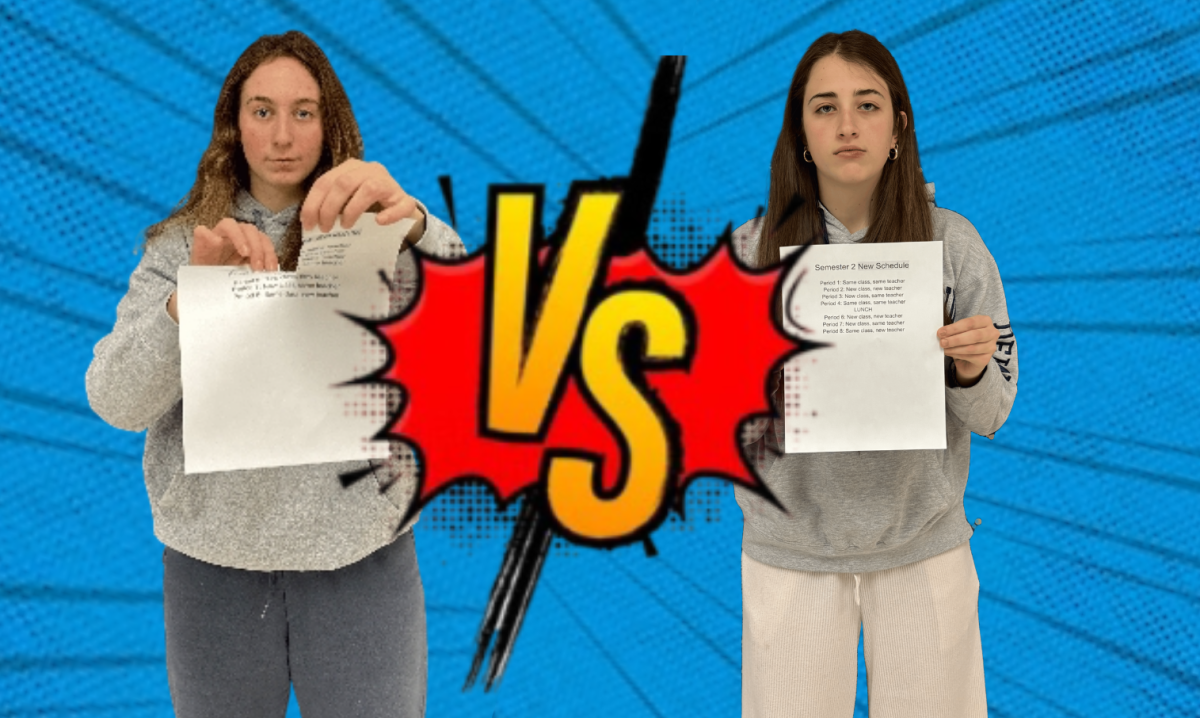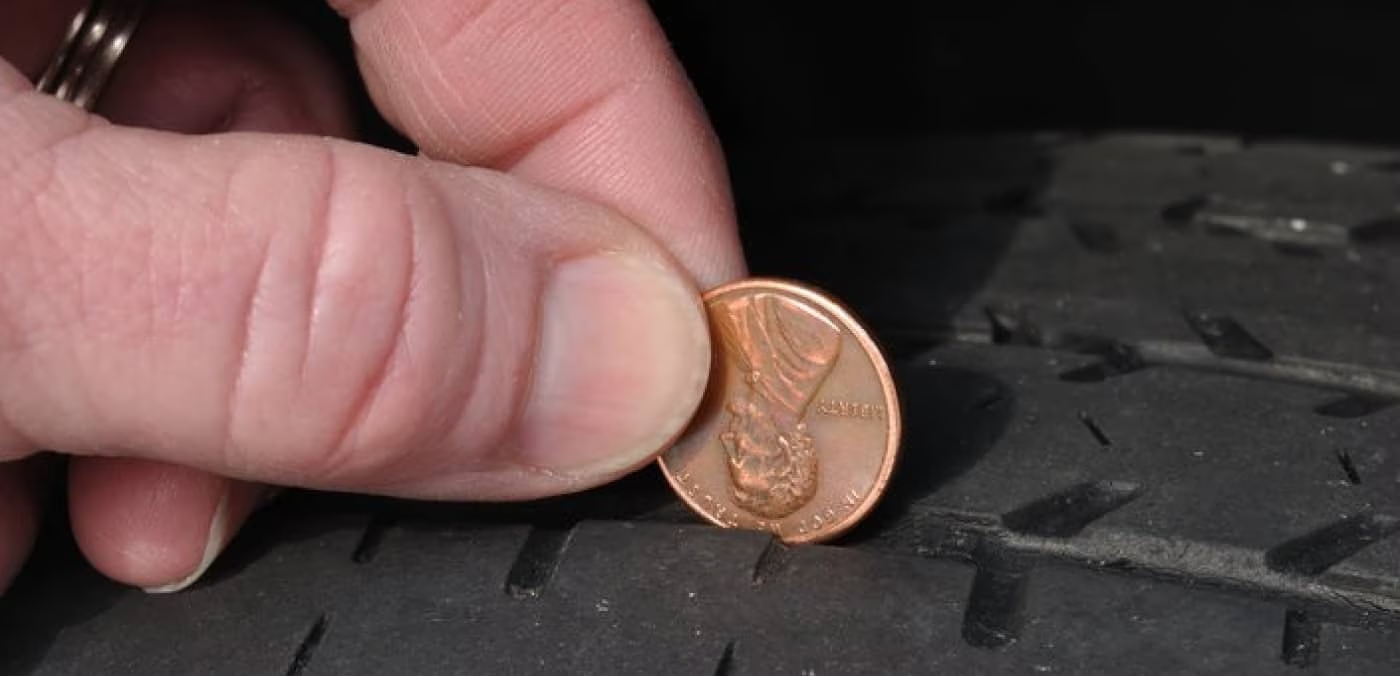Some wince at the sound of LMFAO’S “Get Crazy,” knowing a world of hair-gel, fake tans and Bump-Its are soon to follow. Others are excited to watch a full hour of guidos and guidettes working out, drinking and having sex with random people they meet at clubs. “Get Crazy” is the most accurate display of words to define what goes down at the Jersey Shore.
MTV’s hit reality show Jersey Shore follows the lives of eight Italian-Americans who have been selected to share a shore house in exchange for working at the landlord’s T-shirt store. Since the show was first aired controversy began over whether Italians are being portrayed in a derogatory manner and whether the use of the terms “guido” and “guidette” is offensive.
Jersey Shore is a creative and amusing show about Americans who know how to have a good time and has little emphasis on the race of the show’s stars. The vivid personalities of the characters and the storyline of the show have the viewers on the edge of their seats, nothing else. If the actors were of any other ethnicity, there most likely wouldn’t be any controversy due to the fact that the same level of risqué activity occurs on plenty of other reality TV shows. The drama included in The Hills is fake, mainly consisting of girls badmouthing one another, while Jersey Shore is upfront and the participants say what they feel, even if that means receiving disapproval from certain viewers. It has its own flavor and is able to distinguish itself from the crowd. Whether that flavor be Italian or not is irrelevant.
Protesters of Jersey Shore may say the show promotes the idea that Italians are self-obsessed bimbos who have no morals, education or goals apart from hooking-up with the greatest number of people in one summer, but really, that could describe many Americans who are in their twenties.
According to a Dec. 30 article in New York Daily News the three largest Italian-American groups have expressed public outrage and have demanded that the show be cancelled. Their efforts were not wasted, as they resulted in the withdrawal of commercials from Domino’s Pizza, American Family Insurance and Dell.
Another major issue that came across during Jersey Shore was when MTV screened the scene where Nicole “Snooki” Polizzi gets punched in the face by a college student, after asking him to leave the bar. Even though they blacked out the particular moment, people believed that they were enforcing violence against women. However, according to a Dec. 9 article in New York Daily News, MTV conducted a public service announcement before the episode was aired.
MTV had valid reasons to air that particular scene. It allowed women to see that things like this can happen to anyone and that one should always avoid conflicts like these because some people have questionable moral boundaries. Hopefully it gave a wake-up call to all the women in the world who get caught up in the moment and let their temper get the better of them.
Whether “The Situation” is creeping on women or Vinny is fist pumping like a champ, Jersey Shore has the entire teenage audience on its side, cheering them on for a second season. Why is it that we enjoy watching people scandalously wasting away their lives? For some I suppose it allows them to imagine themselves as actual participants on the show and compare what they would do in the same situations. Maybe we watch it to be included in the conversation about “last night’s episode” the next day at school, or ultimately, because it’s just amusing and lets you forget about all of your own problems as you get to laugh at the idiocy of others. Whatever the reason may be, we watch them and Jersey Shore is just another one of those shows that lets you sit back and relax, and stray away from your own reality.







